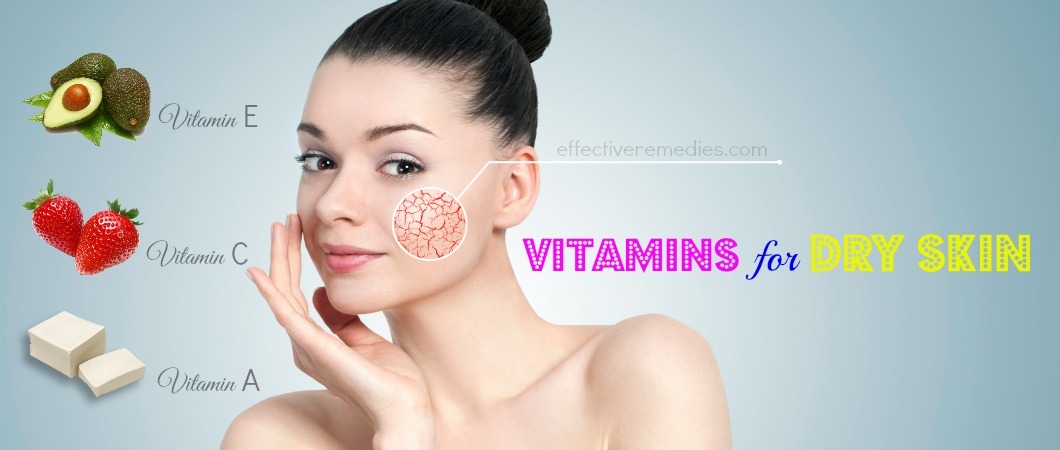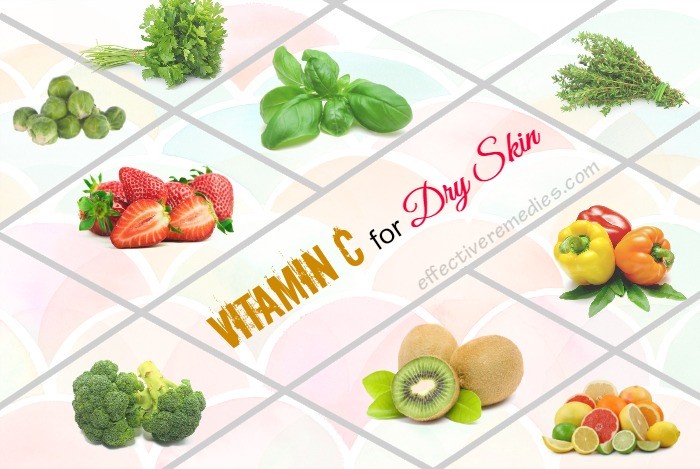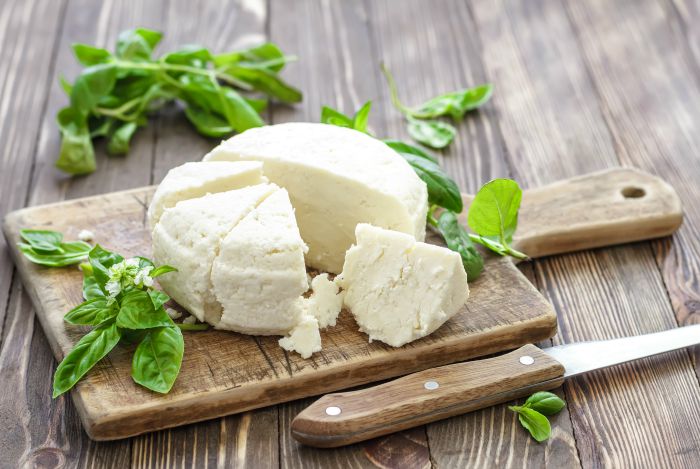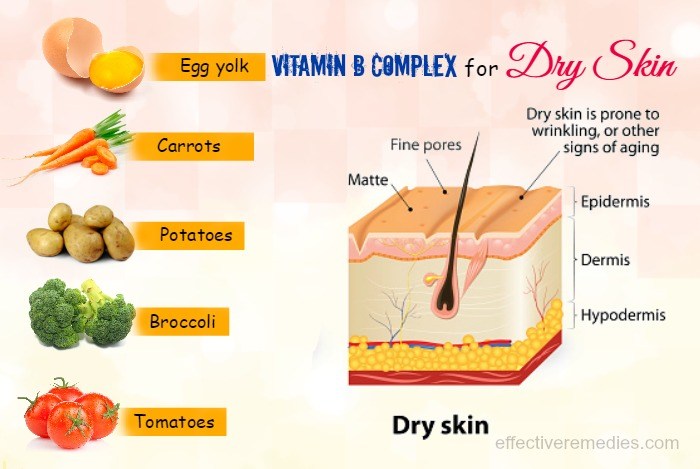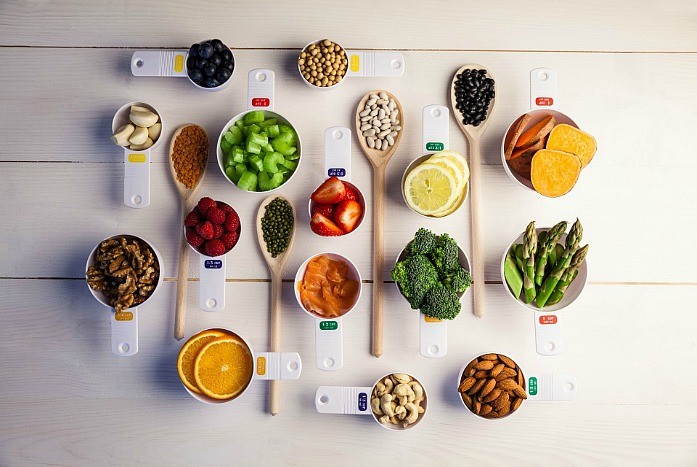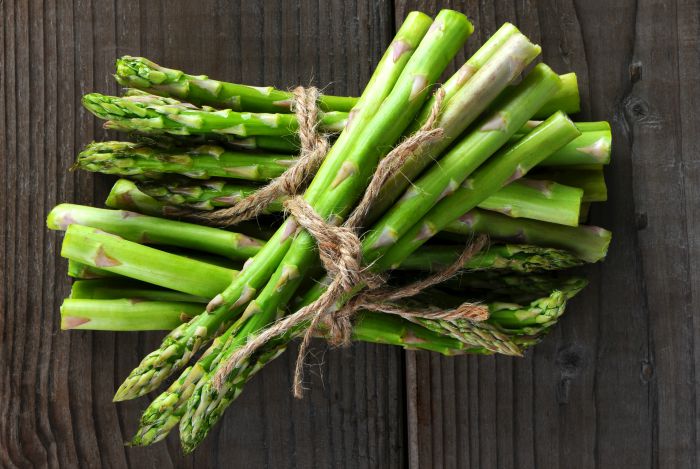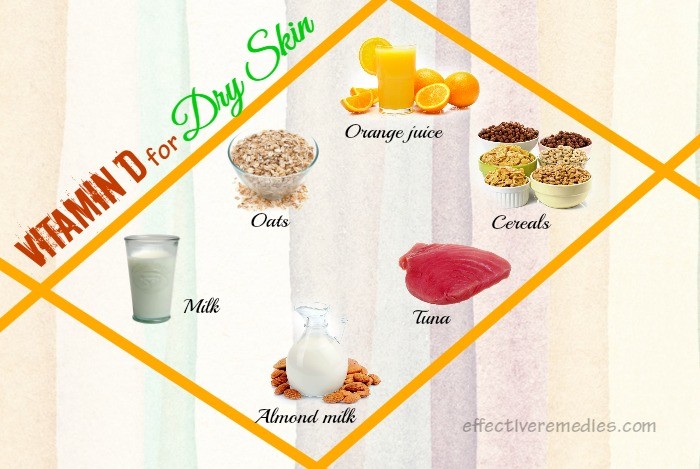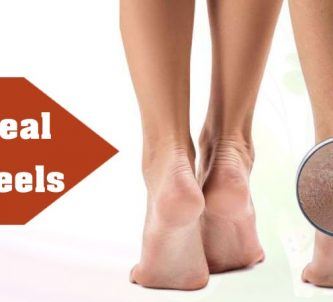Updated: 08/27/2019
Contents
Overview
The skin is the largest organ in your body that may protect the other organs from disease and toxins. Since your skin is the first barrier to protect your body, it can be vulnerable to dryness and, if not taken care of properly, affect your health. There are many reasons that may cause your skin to be dry, such as poor hygiene, sun expose, thyroid issues, dehydration, dry climate, harsh chemicals, diabetes, alcohol, caffeine, and other skin conditions. Dry skin may affect your confidence and your health, but, you can prevent skin issues through certain vitamins and minerals. Along with other home remedies and natural treatments, this article will give you insight about minerals, vitamins and foods you can eat daily to create healthy, glowing skin.
- Top 37 homemade face masks for dry skin
- To 28 recipes to make a natural face cream for dry skin
- Top 16 natural treatments for dry skin on face and body
7 Best Minerals & Vitamins For Dry Skin On Face & Body In Winter
1. Zinc
Like vitamin A, zinc is one of the essential minerals in preventing dry skin because it plays a big part in physiological functions including the structure of enzymes, proteins and gene regulation. This mineral plays an important role in improving the immune system, healing wounds and synthesizing proteins. Zinc contributes to cellular metabolism, fighting UV radiation, and reducing inflammation. Consuming enough zinc does not only reduce dry skin, but it also may help prevent acne and improve overall skin health[1] [2] [3].
Risks of zinc deficiency:
EffectiveRemedies Partner Solutions

Ask a Doctor Online and Get Answers in Minutes, Anytime!
Have medical questions? Keep asking questions to a Verified Expert until you get the answer you need.
- Increased white marks, psoriasis, dermatitis, boils, and acne
- Reduced elasticity of the skin
- Reduce appetite.
- Poor immunity
- Hair loss
- Zinc deficiency may also be seen with bulimia, anorexia nervosa.
Good sources of zinc include scallops, oysters, legumes, tempeh, tofu, whole grains, nuts and pumpkin seeds.
2. Vitamin C
Vitamin C is essential for regulating the protein collagen. It is also one of the most powerful vitamins for dry skin[4]. According to the University of Maryland Medical Center, low consumption of vitamin C can possibly lead to skin to become scaly, dry or rough[5]. Vitamin C may improve skin health, enhance the skin appearance, reduce wrinkles, prevent UV damage, decrease dryness, heal wounds, and reduce scars.[6] [7]. Moreover, this vitamin may prevent aging skin and stimulate collagen production.
Risks of vitamin C deficiency:
- Scurvy
- Rough and dry skin.
- Hyperkeratosis pilaris.
- Depression
- Mood changes
- Prolonged healing of wounds.
- Joint pain.
- Anemia (vitamin C helps iron absorption which prevents anemia).
- Gingivitis or bleeding gums.
- Slow hair growth
- Slowepair of skin tissue, bone, cartilage, tendons, ligaments, teeth and blood vessels.
The greatest source of vitamin C is in fruits and vegetables. Consume adequate vitamin C through parsley, basil, thyme, chives, cilantro, strawberries, citrus fruits, kiwi, Brussels sprouts, broccoli, dark leafy greens, tomatoes, guava and bell peppers.
3. Vitamin A
Vitamin A is not only essential for health, but also for skin care, especially dry skin.
Vitamin A may fight the aging[8] and drying skin. Consuming adequate vitamin A daily may prevent pigmentation and wrinkles, and reduce dry skin[9] [10].
Risks of vitamin A deficiency:
- Dry, scaly and rough skin.
- Dry eyes
- Night blindness
- Skin conditions such as sunburn, wounds, cold sores, psoriasis, eczema, and acne
- Poor wound healing
Good source of vitamin A is found in plant-based foods such as cantaloupe, carrots, oranges, leafy greens, sweet potatoes, red peppers and pumpkin.
4. Vitamin B Complex
B vitamins are essential for your health and skin[11] and may help with dry skin. For example, vitamin B1 (thiamin) may boost circulation, including circulation to your skin. It’s essential in cellular regeneration and boosting collagen production. Meanwhile, vitamin B3 (niacin) may prevent acne. It has the ability to speed up cell turnover, which is a process that slows down with age, revealing younger skin. It also helps wound healing, repairing sun-damaged skin, and strengthening the skin barrier, making skin better able to retain moisture.[12] Vitamin B6 may stimulate the production of enzymes, improve metabolism, and improve oxygen transport. Vitamin B6 is also needed for the development of red blood cells, cell production and protein metabolism, which assists with the growth and repair of the skin cells.
The risks of B vitamin deficiency:
- Weakness, tiredness or lightheadedness
- Pale skin
- Constipation, diarrhea, loss of appetite
- Nerve problems such as tingling and muscle weakness
The good source of B vitamins:
- You can find vitamin B1 in raisins, nuts, egg yolks, whole grains, and cereals.
- Vitamin B3 is found in carrots, broccoli and tomatoes.
- Vitamin B9 is found in citrus fruits, fortified grains and legumes..
- Vitamin B2 is found in dark green vegetables, nuts and dairy.
- Vitamin B6 is found in non-citrus fruit, potatoes, poultry, and fish.
- Vitamin B12 is found in dairy, meat, nutritional yeast and fortified plant-based milks.
5. Vitamin E
A study found that vitamin E may protect the skin from different deleterious effects of the sun by functioning as a free-radical scavenger[14]. Also, vitamin E is one of the leading vitamins for dry skin, because of its antioxidant properties that can scavenge free radicals in the body[15]. The free radicals may be caused by sun exposure, pollution, and smoking and it is a factor that ages skin. Furthermore, vitamin E may reduce lines, stretch marks, wrinkles, and age spots[16]. Consume enough vitamin E daily for glowing and smooth skin.
The risks of Vitamin E deficiency:
- Dry hair and skin
- Weakness and cramping.
- Age spots
- Reduced libido.
Good sources of vitamin E include tofu, spinach, nuts, sunflower seeds, avocados, shellfish, fish, plant oils, broccoli, pumpkin, squash, peanuts, wheat germ and leafy greens.
6. Vitamin K
Like other vitamins for dry skin, vitamin K[17] may help reduce dark circles and dryness on your skin. Do you know that vitamin K plays a crucial role in the human body? This vitamin prevents blood clots strengthens bones, reduces itching, and heals spider veins, scars, stretch marks, burns, and bruises.
Risks of vitamin K deficiency include:
- Bleeding and delay of blood coagulation.
- Weak bones
- Osteoporosis
Good sources of vitamin K include dried basil, leafy greens,, scallionsBrussels sprouts,chili powder, okra, leeks, fennel, asparagus, pickles, soybeans, olive oil and prunes.
7. Vitamin D
Vitamin D is well-known for treating rickets, improving bones, healing bone pain, and preventing bone loss[18]. Vitamin D is also useful for maintaining healthy blood vessels, reducing blood pressure, decreasing cholesterol, preventing obesity, preventing muscle weakness, and preventing skin conditions such as vitiligo (patches of the skin losing their pigment.), psoriasis, lupus vulgaris (painful lesions on the face), and actinic keratosis (crusty, scaly growth caused by damage from exposure to ultraviolet (UV) radiation)[19]. The vitamin may help to moisturize, hydrate and balance skin.. Vitamin D deficiency may lead to certain skin conditions, therefore it’s important to consume adequate vitamin D through diet, supplements or getting 10-15 minutes of sun exposure daily.[20] [21]
Risks of vitamin D deficiency include[22]:
- Increased risk of cardiovascular disease
- Asthma
- Increase chance of skin cancer
- Weak bones or osteoporosis
- Weakened immunity
- Premature skin aging.
Good source of vitamin D include getting enough sunlight daily and adding vitamin D through supplements or cod liver oil, tuna, sardines, eggs, milk, orange juice, oatmeal, cheese, eggnog, margarine, cereals, and vitamin fortified plant-based milks. Check with your doctor and have your vitamin D levels checked before taking vitamin D supplements.
If you want to get more tips and tricks on skin care, you can visit our main Skin Care page for updates. All of the vitamins and minerals are available in supplemental form, however, adding them through foods are the best and safest ways to protect your health. If you have questions, or know of other good vitamins or minerals for dry skin, leave it in the comments below.
